Health And Medicine
-

Jeffrey Spraggins named director of Vanderbilt University Mass Spectrometry Research Center
Jeffrey Spraggins, associate professor of cell and developmental biology, biochemistry, and chemistry, has been named director of the Mass Spectrometry Research Center. He succeeds Richard Caprioli, Stanford Moore Chair in Biochemistry, who established the MSRC in 1998 and who is retiring this summer. Read MoreJul 17, 2024
-
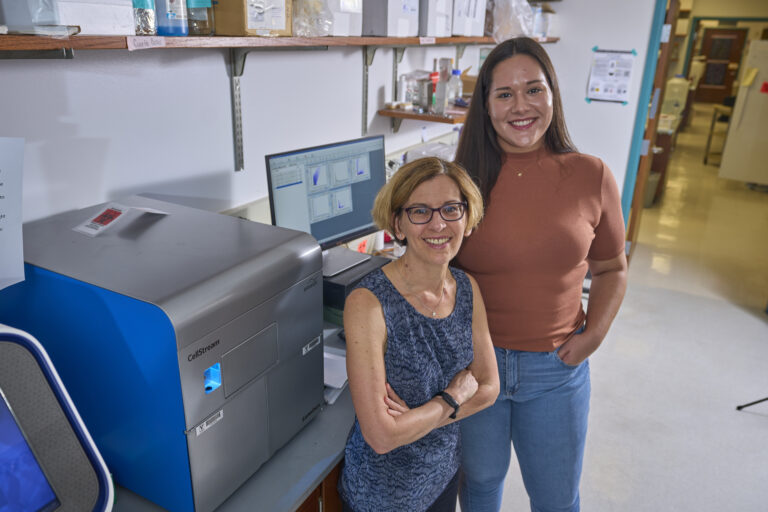
Vanderbilt scientists develop new tool that could lead to noninvasive “liquid biopsies”
Researchers from the School of Medicine Basic Sciences recently developed an analytical tool called EV Fingerprinting that could lead to the use of “liquid biopsies” as a substitute for traditional biopsies for certain patients or diseases. Read MoreJul 15, 2024
-

The Caprioli Way
Richard Caprioli, Stanford Moore Professor of Biochemistry at the School of Medicine Basic Sciences, is retiring from Vanderbilt in August 2024. Caprioli’s work has created new possibilities for understanding the relationships between molecular and cellular organization in tissue microenvironments, ultimately providing a precision medicine toolbox for uncovering the molecular underpinnings of normal aging and disease.Caprioli is best known for developing matrix-assisted laser desorption/ionization imaging mass spec. Read MoreJul 9, 2024
-

Johnson, Gooch recognized as distinguished fellows
Rolanda Johnson and Michael Gooch were recently honored for their contributions to nursing with fellow designations. Read MoreJul 2, 2024
-

Vanderbilt’s Donna Ingles named to prestigious Harvard leadership program to advance Nashville’s biomedical sector
Donna Ingles, director of operations for the Vanderbilt Center for Technology Transfer and Commercialization, has been named to the 2024 Young American Leaders Program at Harvard Business School by the Global Action Platform. She was one of 10 local leaders chosen for the program, which aims to create a biomedical economic development strategy for the region using cluster models devised by Harvard economist Michael Porter. Read MoreJun 17, 2024
-
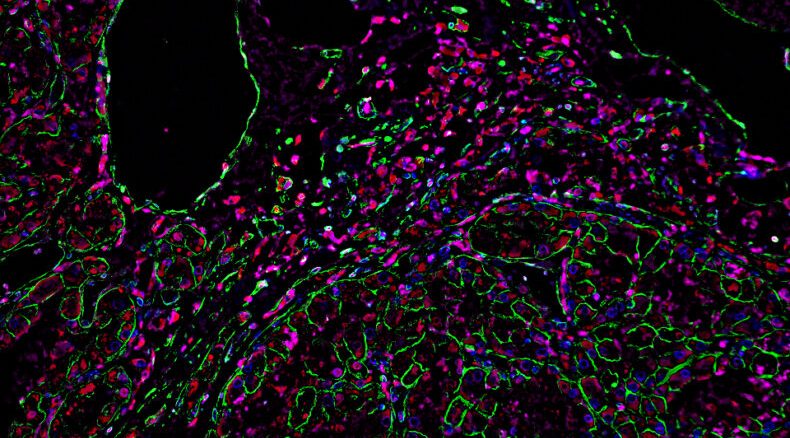
Obesity-cancer connection discovery suggests strategies for improving immunotherapy
The study reported in the journal Nature provides a mechanistic explanation for the “obesity paradox” — that obesity can contribute to cancer progression but also improve response to immunotherapy. Read MoreJun 13, 2024
-
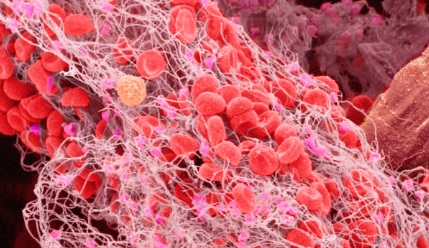
New drug candidates targeting blood clots developed through computer-aided drug design
Using computer-aided drug design, Heidi Hamm, Craig Lindsley, and Jens Meiler and their labs generated a novel series of biologically active compounds that can serve as a basis for anti–blood clot preventative drugs. Read MoreJun 11, 2024
-

Robotic device restores wavelike muscular function involved in processes like digestion, aiding patients with compromised organs
A team of Vanderbilt researchers has developed a wirelessly activated device that mimics the wavelike muscular function in the esophagus and small intestine responsible for transporting food and viscous fluids for digestion. Read MoreJun 7, 2024
-
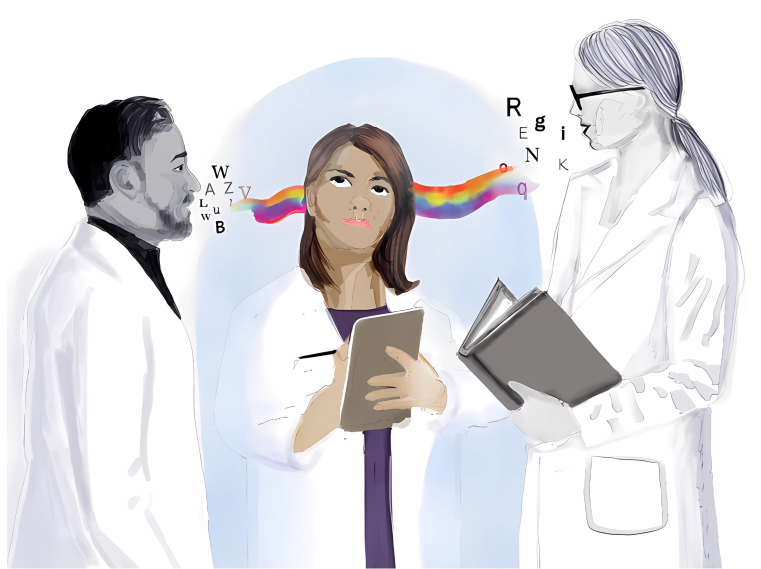
Q&A: Reviewing systemic problems for autistic adults in STEMM
AJ Hinton, Amber Crabtree, and colleagues collaborated to provide a commentary on the challenges facing autistic adults in science, technology, engineering, math, and medicine. As autistic adults face a high unemployment rate, the authors argue that solutions are necessary to evoke change within STEMM institutions to acquire and retain autistic employees. Read MoreJun 5, 2024
-

Vanderbilt-discovered cancer killing compound is now available through Boehringer Ingelheim open science portal opnMe
Researchers in the lab of Stephen Fesik, Orrin H. Ingram II Chair in Cancer Research, have added BI-0474 as the second molecule co-discovered by Vanderbilt to the open science portal opnMe.com, an initiative being driven by biopharmaceutical company Boehringer Ingelheim. Read MoreMay 30, 2024
-
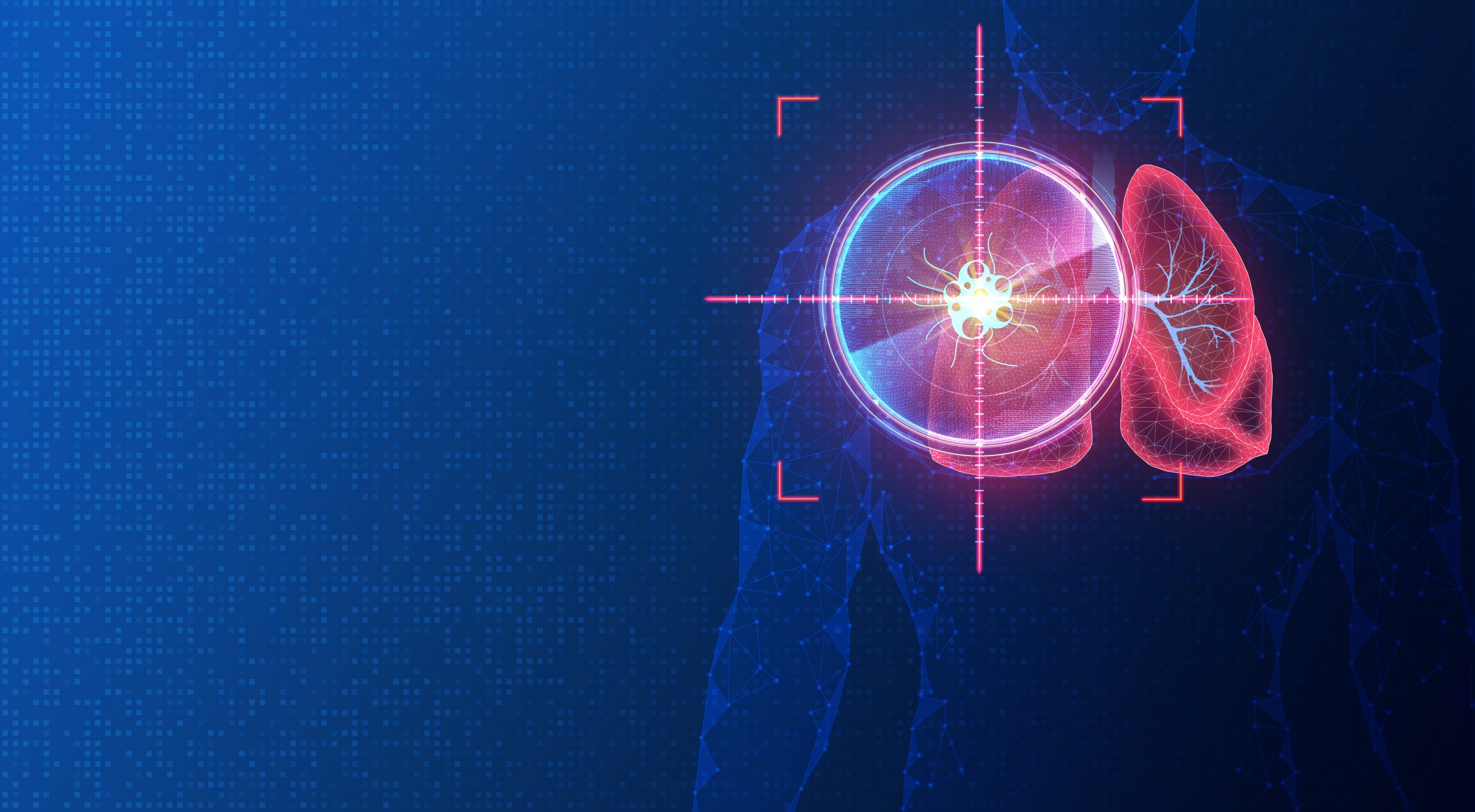
Research Snapshot: Understanding protein mutations that affect gene expression
Graduate student Hillary Layden studies transcriptional control of cancer in the lab of Scott Hiebert, Hortense B. Ingram Chair in Cancer Research and professor of biochemistry. She shares the results from her research in which she used a deep genomic analysis to determine how protein mutations influence gene expression to promote cancer progression. Read MoreMay 30, 2024
-

Three VUSN faculty honored by ACNM
Three Vanderbilt University School of Nursing faculty members won awards at the American College of Nurse Midwives annual awards celebration in May 2024. Read MoreMay 23, 2024
-
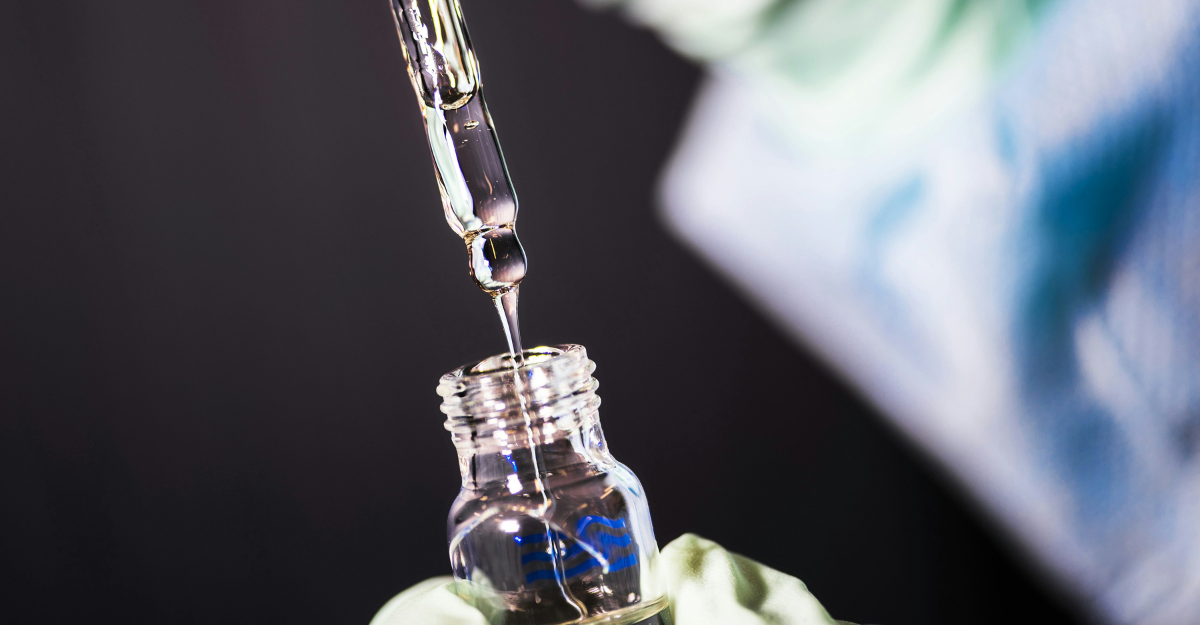
How patent law can protect public health
Sean Seymore, Centennial Professor of Law at Vanderbilt Law School, argues that federal courts have “abandoned their gatekeeping function” for protecting public health in patent cases. Read MoreMay 21, 2024
-

Vanderbilt scientists develop an algae time machine, advancing biomedicine
A Vanderbilt scientific team has succeeded in adjusting the daily biological clock of cyanobacteria, making the blue-green algae a more prolific producer of renewable fuels, chemicals, and pharmaceuticals, like insulin. Read MoreMay 14, 2024
-

Vanderbilt joins Meharry Medical College, Fisk University in hosting Tri-Institutional Seminar series
A Tri-Institutional Seminar series has been initiated by the School of Medicine Basic Sciences, Meharry Medical College and Fisk University, focused on trainee development and promoting collaboration and existing ties between scientists affiliated with all three institutions. The series is open to the public. Read MoreMay 13, 2024
-

BMJ collaborates with Vanderbilt University’s Heard Libraries to support open access publishing
Leading global health care knowledge provider BMJ has signed a new read-and-publish agreement with the Jean and Alexander Heard Libraries at Vanderbilt University. The agreement allows Vanderbilt-affiliated corresponding authors to publish their primary research open access without incurring article processing charges. Read MoreMay 13, 2024
-
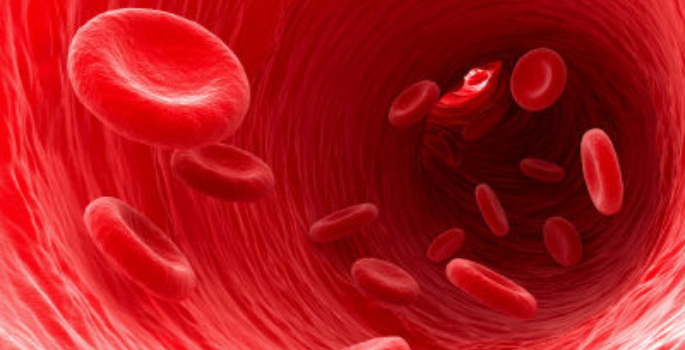
Vanderbilt researchers’ novel catheter-based technology to make endovascular procedures more efficient and safe
With hundreds of thousands of people in the United States having a stroke annually, Vanderbilt researchers are developing technology that could revolutionize the way blood clots are removed by allowing surgeons to complete the process more efficiently and safely. Read MoreMay 9, 2024
-
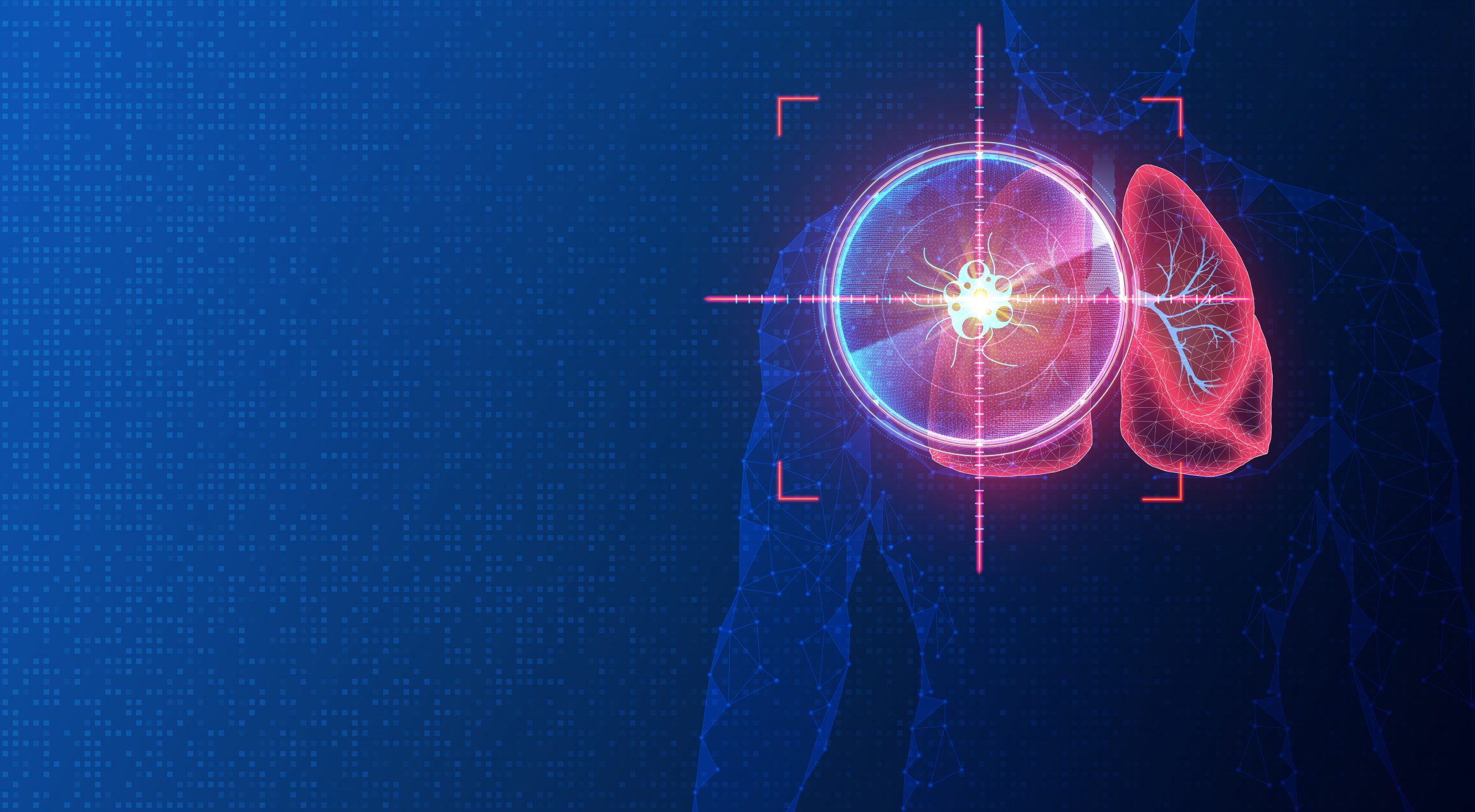
Lau lab publishes authoritative reference article on the hallmarks of precancer
Ken Lau, professor of cell and developmental biology, and colleagues have laid out the principles governing the biology of early, precancerous lesions, which are different from the principles that govern cancers. Their authoritative perspective was published in Cancer Discovery in April 2024. Read MoreMay 9, 2024
-
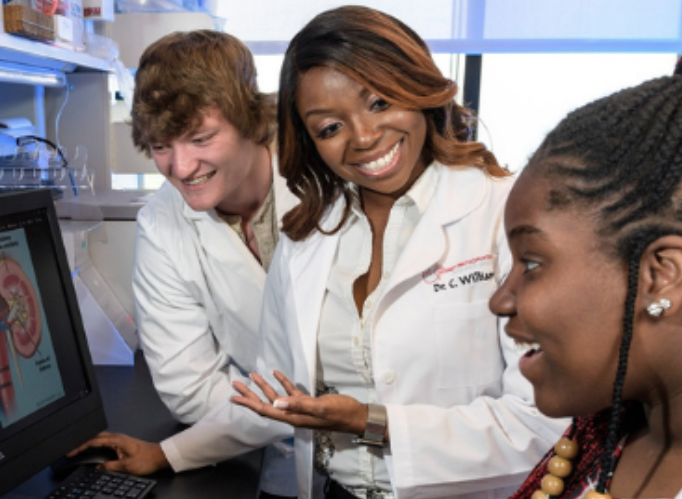
Hinton lab grows, American Physiological Society award adds Clintoria Williams as Visiting Scholar
Clintoria Williams, associate professor in the Department of Neuroscience, Cell Biology and Physiology at Wright State University, has received the John F. Perkins, Jr. Research Career Enhancement Award from the American Physiological Society. This will enable her to join Vanderbilt as a visiting scholar in the Department of Molecular Physiology and Biophysics for four months to collaborate more closely with Antentor Hinton Jr., assistant professor in the department. Read MoreMay 7, 2024
-
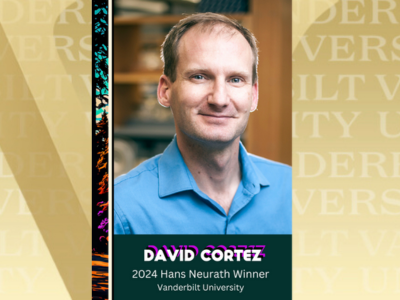
David Cortez wins Protein Society award for contributions to basic protein science
David Cortez, a world-renowned leader in DNA damage response and repair mechanisms and the pathophysiology of cancer, developed and applied highly creative technological approaches to identify and characterize proteins involved in DNA and genome maintenance. The Protein Society is the premier international society dedicated to supporting protein research. Read MoreApr 30, 2024